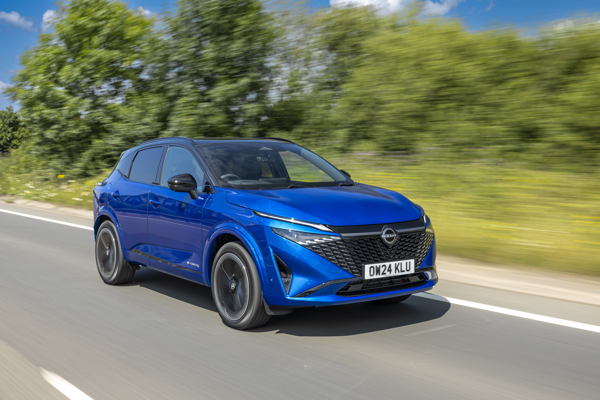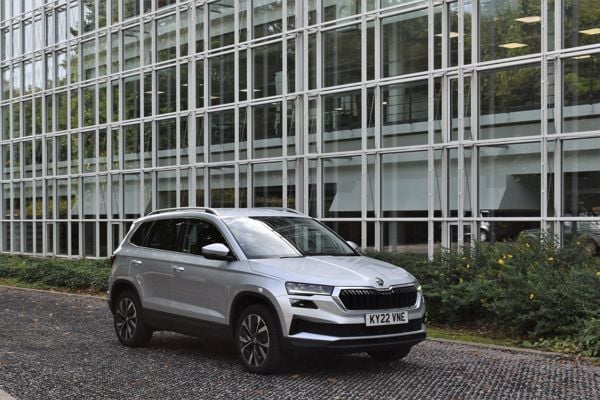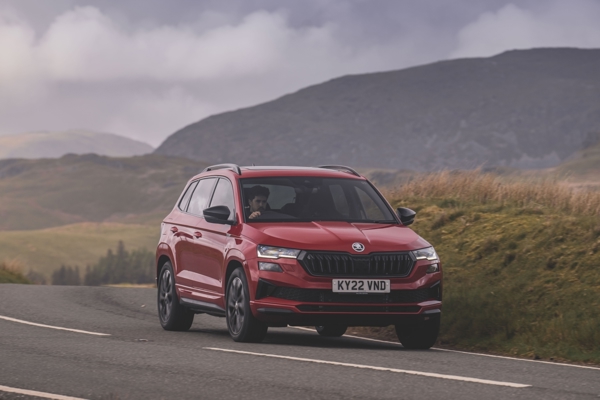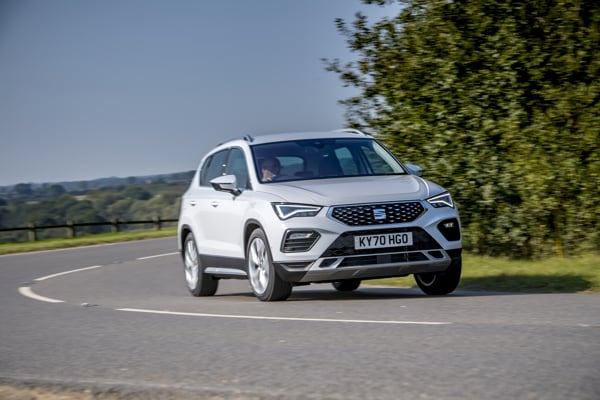Review
It’s probably fair to say that the Vauxhall Grandland is getting a bit long in the tooth. While its development was completed in partnership with Groupe PSA, there are still ties to Vauxhall’s General Motors era. This is most evident in the switchgear and the half-baked integration of the infotainment system.
The Grandland has always been a model that ticks a lot of boxes on paper but has never really found itself at the top of anyone’s choice list.
Sharing a base with the Citroen C5 Aircross and Peugeot 3008, the Grandland is the most sensible model of the trio. It’s conventional and simplistic, but lacks any real emotional appeal.
As it nears the end of its life – there’s a fresh model coming, with an electric powertrain – Vauxhall has introduced a new hybrid engine to the line-up.
Based on a 1.2-litre turbocharged petrol, the Grandland Hybrid is equipped with a small electric motor and a six-speed automatic gearbox.
The system develops 136PS, which is ample for a family-friendly crossover like the Grandland.
There’s a limited zero-emission capability. Essentially, at very low speeds, the petrol engine can shut down, relying on just the electric motor for propulsion. But most of the time the engine is used in conjunction with the motor.
It’s a frugal three-cylinder unit that gets the job done efficiently. Official fuel consumption is rated at 50mpg. During our test we were seeing 44mpg in real-world driving.
The transmission is much smoother and quicker to shift than the eight-speed unit used in other automatic Grandlands. From a dead stop, the Grandland Hybrid picks up instantly thanks to the electric motor’s ability to assist the engine.
It’s a quiet engine too. There’s not a great deal of noise intrusion and, when you are working the unit harder, it emits a more pleasant thrum than its four-cylinder equivalents.
We’d describe the ride as firm but fair. There’s a little more harshness than we’d like, but it does keep body roll to a minimum. Not that the Grandland is a particularly driver-focused model.
It works best when pottering around town, making use of that electrified powertrain, or when cruising on the motorway where it’s relaxing and efficient.
Compared to rivals, the Grandland’s interior feels dated. The central infotainment screen was updated as part of the facelift but it still uses older software than the latest Vauxhall models.
You do get a decent array of kit, however. The mid-spec GS version comes with sat-nav, parking sensors, reversing camera, heated front seats, a heated steering wheel and keyless entry.
Prices start at £32,415, for the Design grade. GS costs £34,675 and range-topping Ultimate is £38,325.
The hybrid powertrain has CO2 emissions of 124-127g/km. Company car drivers can therefore expect to pay around £170 per month in benefit-in-kind tax.
A comparative Kia Sportage Hybrid (GT-Line), costing £35,485, would attract slightly more tax but has lower overall running costs and provides a more potent 215PS power output.
For those that want a no-nonsense crossover that’s spacious and easy to drive, you can’t go wrong with a Grandland. In lieu of a diesel option, the Hybrid offers impressive fuel economy, refinement and adequate performance. However, the market is rich with rivals and for company car drivers there’s an array of plug-in hybrid and electric models that could be a more tempting financial proposition.
Matt has been an automotive journalist for nine years and has driven just about every new car and van that's on sale. As content editor - vehicles he is responsible for the automotive content on Fleet News and also contributes to Automotive Management. Prior to this, Matt worked in the automotive industry for 10 years.





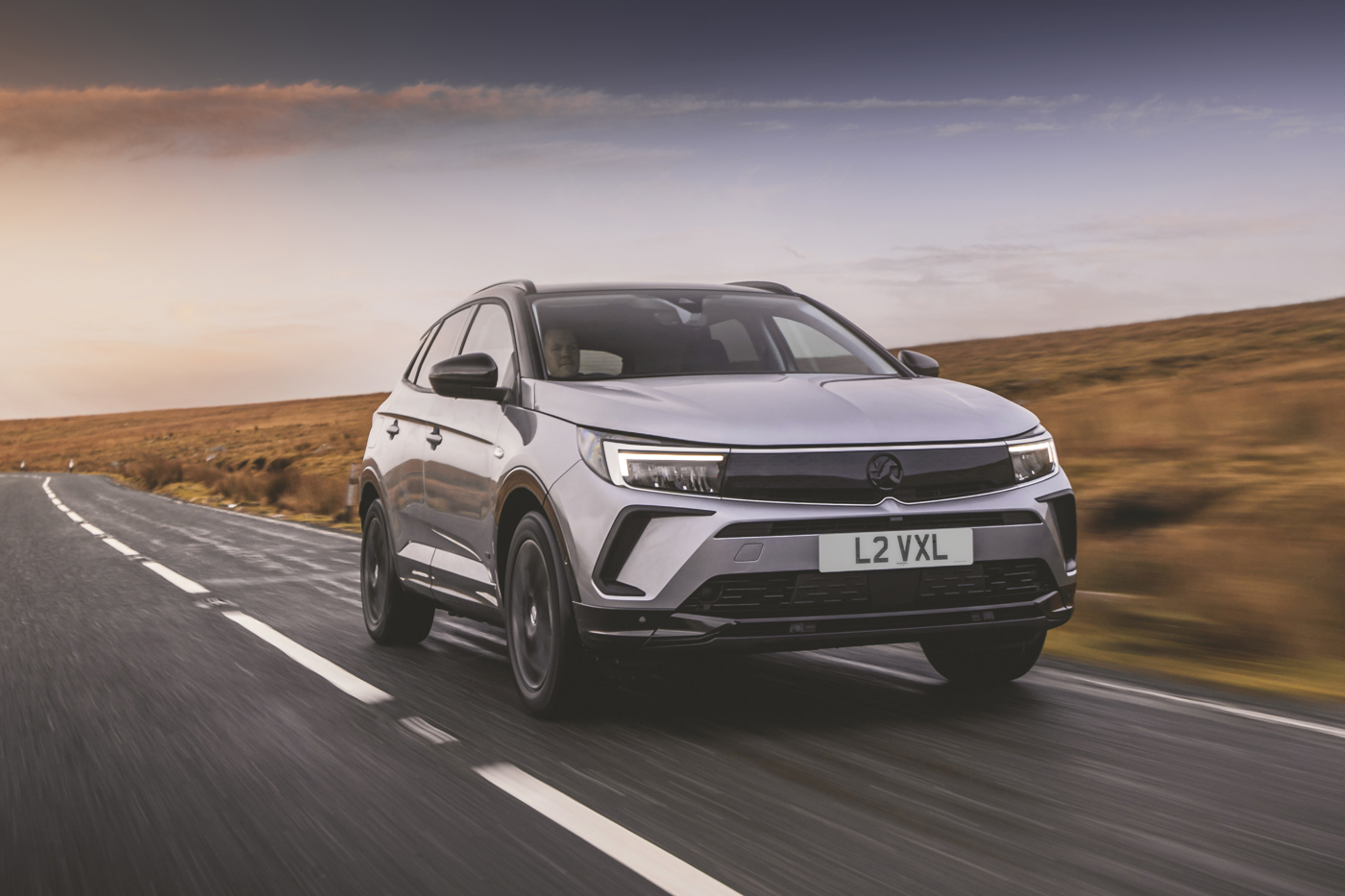







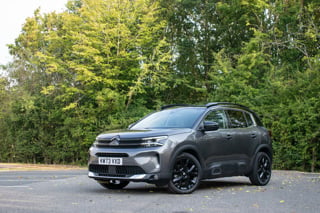
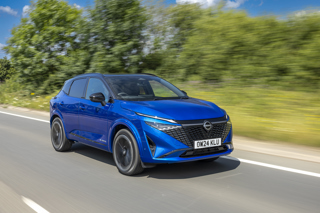
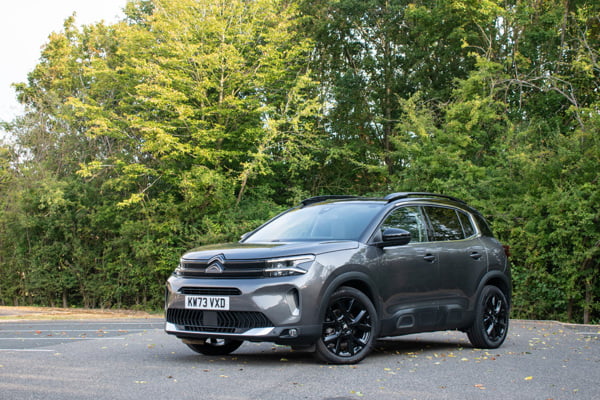
 Petrol
Petrol
